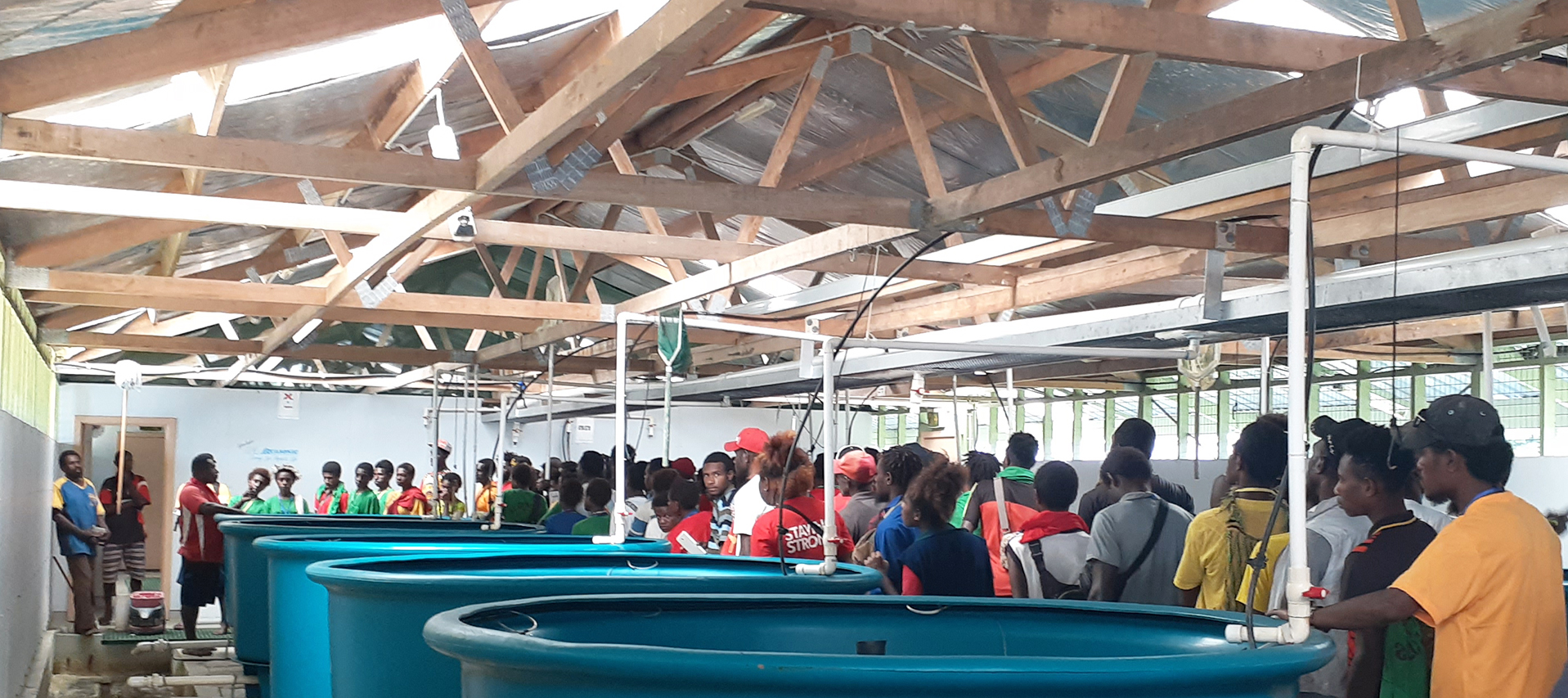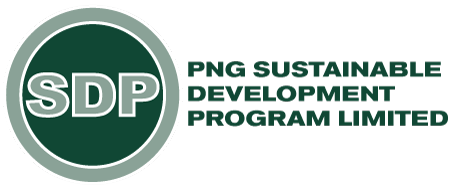SDP refurbishes Daru barramundi hatchery

PNG Sustainable Development Program Limited (SDP) is embarking on an exciting agribusiness development initiative in South Fly, Western Province. This nucleus estate joint venture will produce vanilla and black pepper in Oriomo, establish processing and storage facilities on Daru, and develop an export-oriented aquaculture business.
As part of this development, SDP’s barramundi hatchery, which was initially set up in 2009 to restock the river system in the province will be refurbished, expanded and professionally managed.
The hatchery was put on a care and maintenance basis following the expropriation in 2013. Two years ago, SDP was able to relaunch its spending initiatives and took steps to get the hatchery functioning again. Following a period of teething problems, SDP recruited Selma Pamolak to professionalise the hatchery management. Selma holds a master of science degree in fisheries biology and management from James Cook University in Australia, and a bachelor’s degree in biology and marine sciences from UPNG. Before joining SDP, she worked in fisheries science and biology on numerous projects throughout the country, including a nation-wide assessment of beche-de-mer, aquarium trade research, and monitoring fish population and activities in the four impacted villages around the PNG LNG plant site.
Selma, with the support of her team, has made great progress tackling overdue maintenance work, cleaning up the facility, and improving the operating disciplines. She is keen to share her knowledge about aquaculture and other SDP initiatives in the province. As such, she has become the SDP “ambassador” in South Fly.
Last month, 150 youth, and two priests from the Daru-Kiunga Catholic diocese visited the barramundi hatchery as part of their weeklong youth rally in Daru. Selma and her team gave a presentation on the biology of barramundi and how the hatchery operates, before giving these enthusiastic young people a tour around the facility.
“Our visitors were fascinated to learn that the barramundi species initially matures as male fish for three to four years before changing into a female when they are five or six years old,” said Selma.
Selma and her team also explained that the bigger barramundi fish are female breeding stack, which should be released back into the waters when caught.
“We must use the right mesh size seine and gill net to fish during the peak spawning periods as advised by the National Fisheries Authority. In this way, everyone can help maintain the barramundi population in the Western Province waters,” she said.
“If we don’t enforce best fishing practices, we will deplete the barramundi population in our river system to the detriment of everyone.”
The South Fly Agribusiness is a joint venture with SDP the major shareholder. Innovative Agro Industry (IAI), is a significant minority shareholder and project manager. Discussions are underway for another major corporation to become a shareholder and lend their expertise and support for the venture.
As a nucleus estate, South Fly Agribusiness will create livelihoods for some 270 employees and 500 smallholders who will farm their own land as part of the integrated business system.
